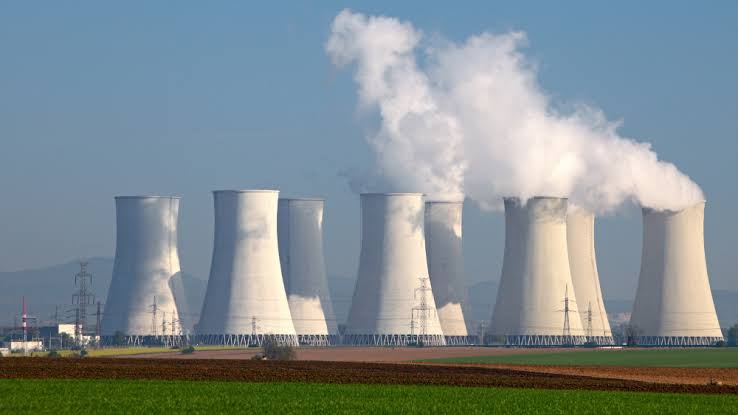(3 minutes read)
The Rwandan government signed an agreement with a German-Canadian start-up -Dual Fluid Energy- to build an experimental civil nuclear reactor, in order to reduce its dependence on fossil fuels
The Rwandan government signed an agreement with a German-Canadian start-up -Dual Fluid Energy- to build an experimental civil nuclear reactor, in order to reduce its dependence on fossil fuels. The reactor will be ready for testing in 2026, according to Dual Fluid Energy. The reactor can be used to produce electricity, hydrogen, and synthetic fuels at lower costs than fossil fuels.
The Rwandan Minister for Infrastructure Ernest Nsabimama said that the use of nuclear power would provide a stable and reliable source of electricity, reducing dependence on hydrocarbons and helping to meet the growing demand for energy. It may be recalled that Rwanda signed a deal in 2019 to build nuclear power plants in collaboration with Russia’s Federal Atomic Energy Agency Rosatom, which sparked strong opposition due to concerns over security.
Read Also:
https://trendsnafrica.com/rwanda-signs-contract-with-german-club-bayern-munich-to-promote-tourism/
However, the Democratic Green Party of Rwanda, headed by Frank Habineza, deemed the agreement with Dual Fluid Energy dangerous. He said that there was no big difference between what Dual Fluid Energy wanted to do and what Russia and the Rwandan government wanted to do in 2019 when the proposal was mooted. He lamented that there was no place for a nuclear reactor in the country, which would endanger the population.
Read Also:
https://trendsnafrica.com/jordan-and-rwanda-sign-mou-for-visa-free-entry-of-citizens/
The argument put forward by the Rwandan government and Dual Fluid Energy is that the reactor is a small device with low combustion, contains little nuclear material and poses no threat to the environment. South Africa is the only country on the continent to have a civil nuclear program, with two reactors in service for more than 30 years.





